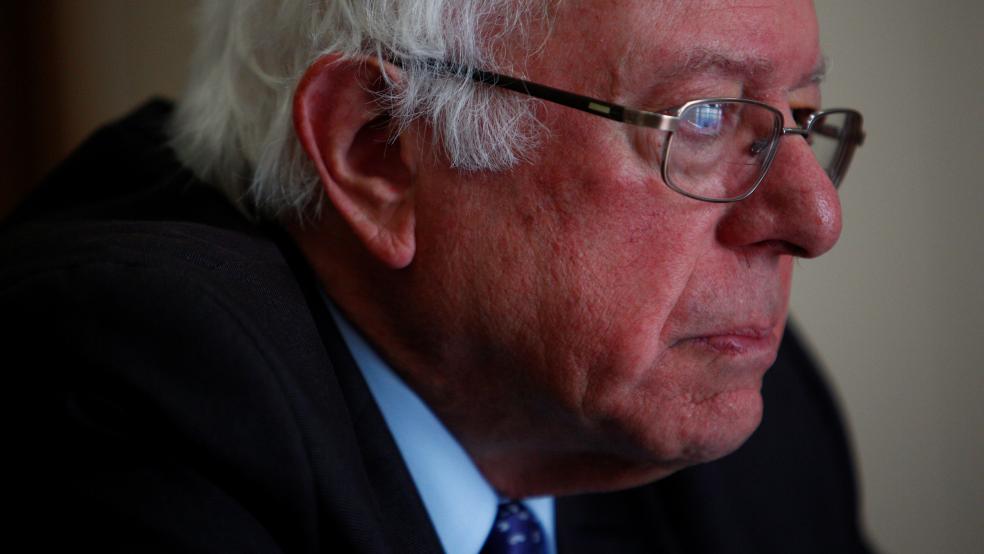Presidential candidate Sen. Bernie Sanders has proposed a financial transactions tax to cover the cost of making some types of higher education free while canceling $1.6 trillion in student debt. Here are the details of the plan from Sanders’ campaign:
“We can guarantee higher education as a right for all and cancel all student debt for an estimated $2.2 trillion. To pay for this, we will impose a tax of a fraction of a percent on Wall Street speculators who nearly destroyed the economy a decade ago. This Wall Street speculation tax will raise $2.4 trillion over the next ten years. It works by placing a 0.5 percent tax on stock trades – 50 cents on every $100 of stock – a 0.1 percent fee on bond trades, and a 0.005 percent fee on derivative trades.”
But would the proposed tax really raise more than $200 billion a year? Howard Gleckman of the Tax Policy Center says that Sanders’ plan suffers from a contradiction that would make fulfilling that goal quite difficult. On the one hand, Sanders wants to raise a lot of money to pay for new social goods. On the other hand, Sanders wants to discourage speculation by taxing what many critics see as excessive trading on Wall Street. The problem, Gleckman says, is that if the tax is effective, it will reduce trading and thereby raise less money than projected.
“Because high-frequency traders live by arbitraging tiny spreads in stock prices, the Sanders [financial transactions tax] would put them out of business,” Gleckman writes. “But shutting down the flash boys would slash the revenue Sanders needs to pay for free college.”
Ultimately, the financial transaction tax may have some value, Gleckman says. But its predictable effects mean that it would likely fall short of paying for Sanders’ educational agenda, producing only 10% to 20% of its stated goal.




